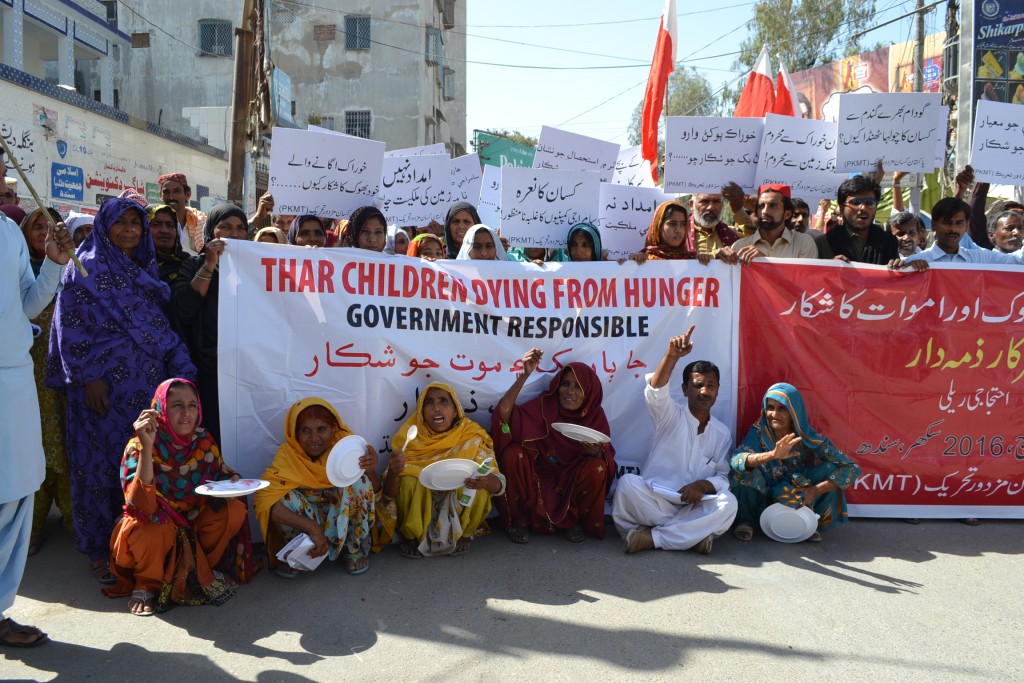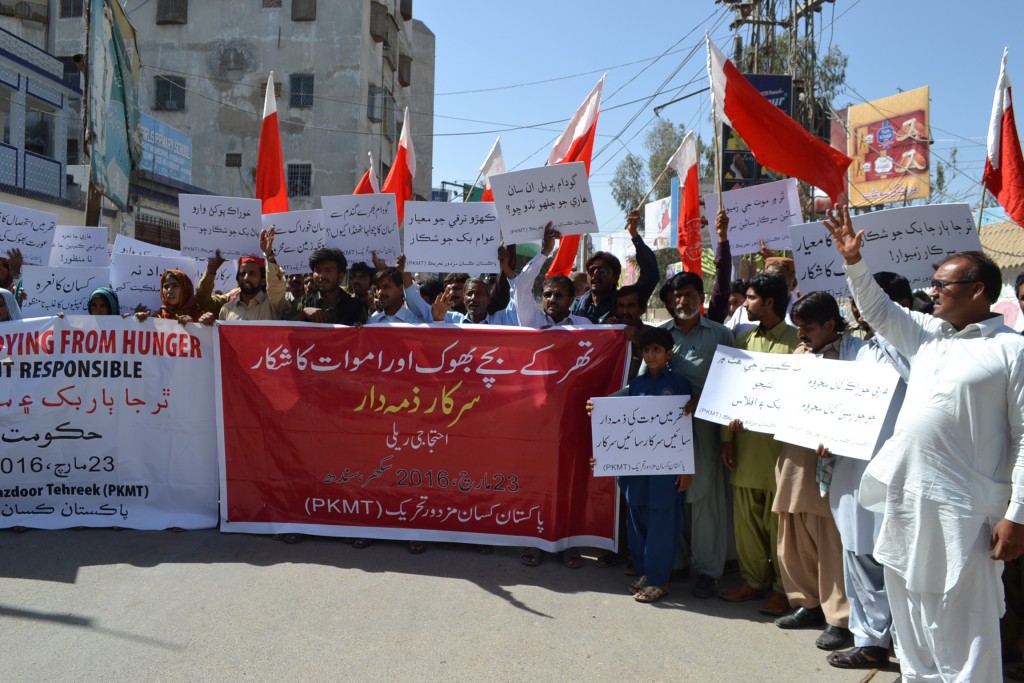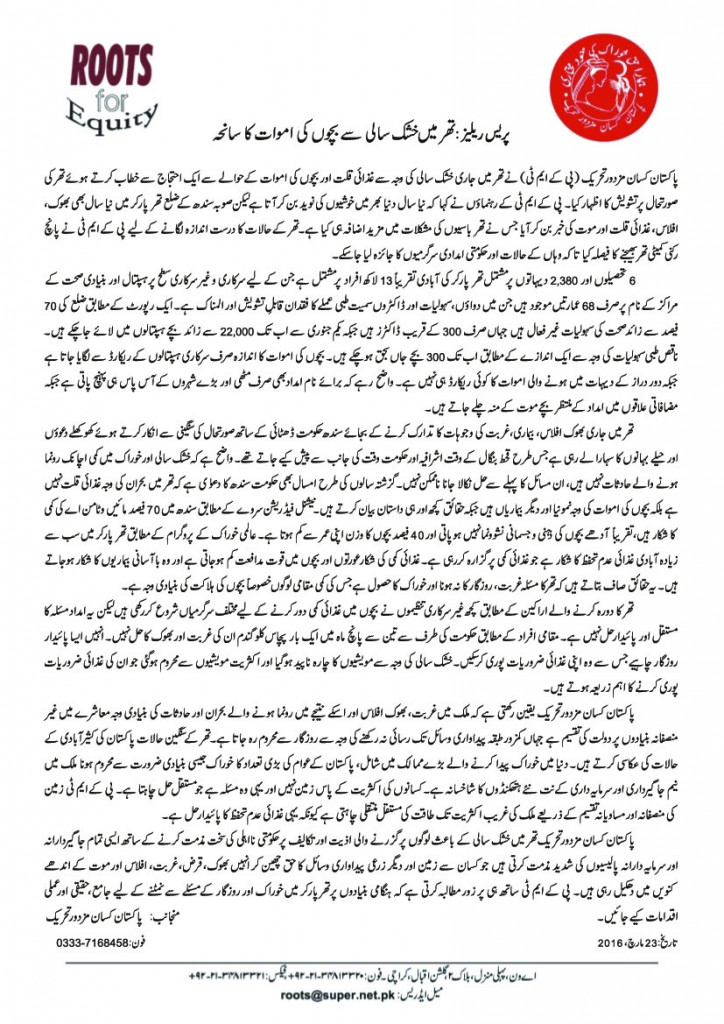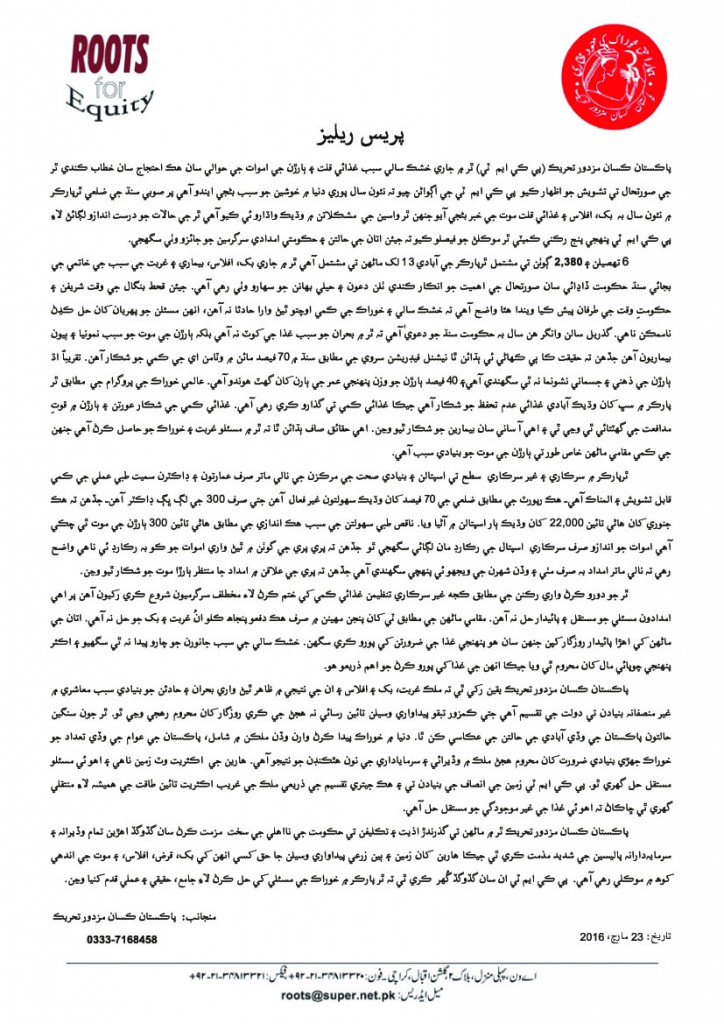KAMPALA (Reuters) – Uganda is investigating a supply of food from the World Food Program after three people died and 262 others got sick, police said.
People suffered diarrhea, nose bleeds and other health problems after eating food provided by the United Nations food agency, police said in a statement late on Monday.
The food was part of a community feeding program in the northeastern Karamoja region, a semi-arid area where the UN has long provided food aid for people facing poor harvests.
Police are “actively investigating the death of three people … from eating adulterated or poisonous food supplied by the World Food Program,” the statement said.
Samples of the food and the patients’ urine and blood had been sent to a government laboratory for analysis.
The food agency said on Saturday it had suspended distribution of Super Cereal – a fortified blended food – at all its operations in Uganda.
In a statement on Tuesday, WFP said some 262 people had reported falling sick after eating the cereal, with some exhibiting “mental confusion, vomiting, headache, high fever and abdominal pain.”
The organization also said it was aware of “reports of three deaths” that had occurred on March 16 and that extra samples of the cereal had been sent to Kenya and South Africa for testing.
Uganda hosts a large population of refugees, mostly from South Sudan and the Democratic Republic of Congo, where conflict and widespread insecurity has uprooted hundreds of thousands of people.
Reporting by Elias Biryabarema; editing by Larry King




